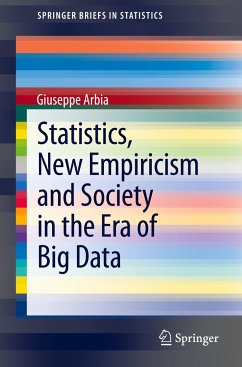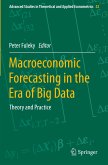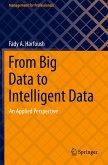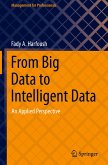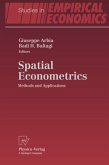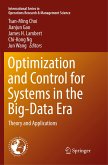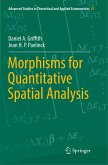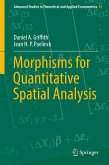This book reveals the myriad aspects of Big Data collection and analysis, by defining and clarifying the meaning of Big Data and its unique characteristics in a non-technical and easy-to-follow way. Moreover, it discusses critical issues and problems related to the Big Data revolution and their implications for both Statistics as a discipline and for our everyday lives.
The author identifies various problems and limitations in the quantitative analysis of Big Data, with regard to e.g. its volume, velocity and variety, as well as its reliability and veridicity. Dedicated chapters focus on the epistemological aspects of data-based knowledge and ethical aspects of the use of Big Data, while also addressing paradigmatic cases such as Cambridge Analytica and the use of data from social networks to influence election outcomes.
The author identifies various problems and limitations in the quantitative analysis of Big Data, with regard to e.g. its volume, velocity and variety, as well as its reliability and veridicity. Dedicated chapters focus on the epistemological aspects of data-based knowledge and ethical aspects of the use of Big Data, while also addressing paradigmatic cases such as Cambridge Analytica and the use of data from social networks to influence election outcomes.

